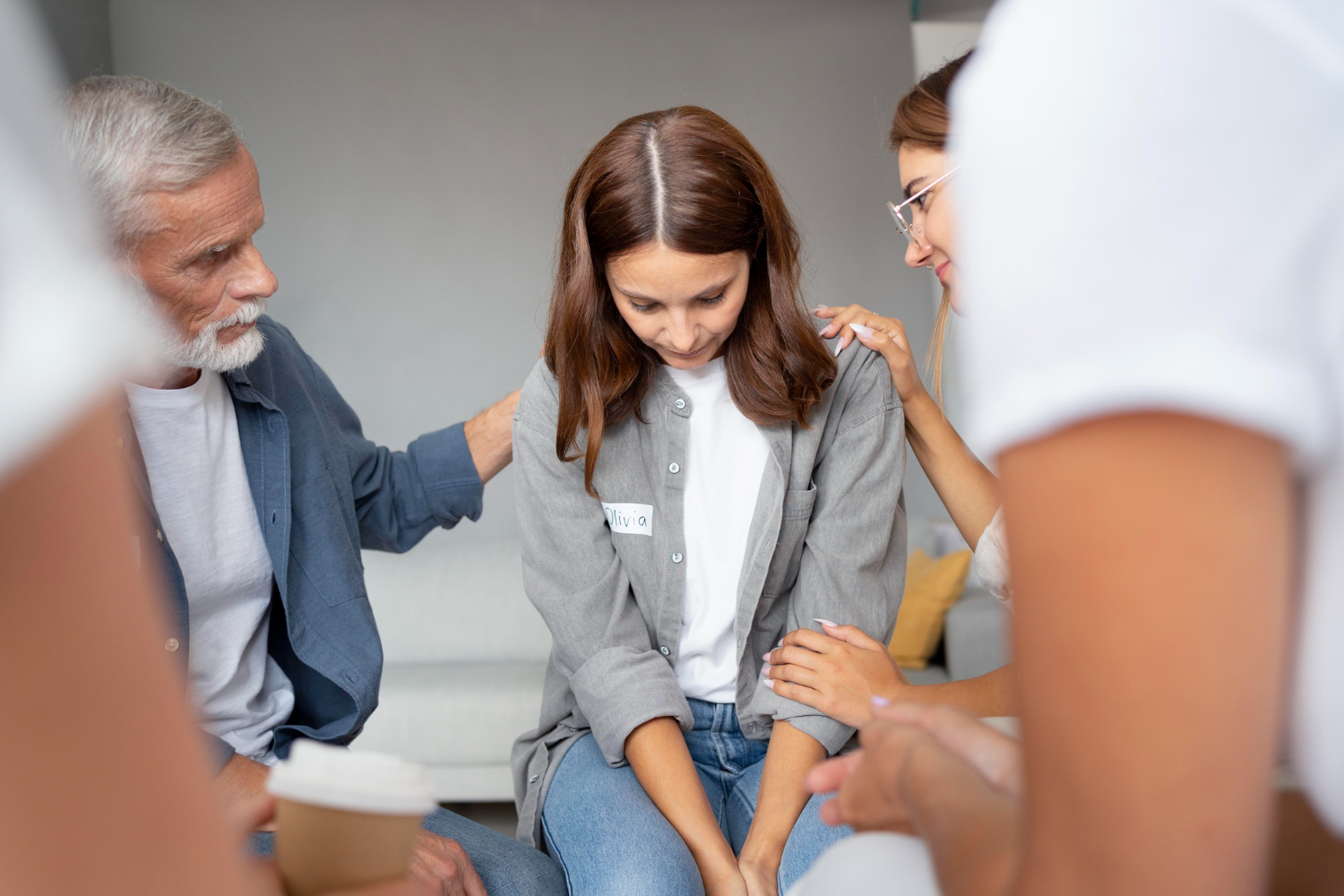All it takes is a sound or a whiff of a specific scent to trigger symptoms of post-traumatic stress disorder (PTSD). Fire fighters, police officers, EMTs, nurses and other first responders are faced with horrors most of us are fortunate enough to never encounter in our entire lives.
From witnessing the results of car accidents and school shootings to putting their own lives on the line, first responders deal with death and tragedy on a regular basis. And in many cases, all that trauma leads to PTSD.
As a spouse, parent, child or sibling of a first responder, you can’t imagine what your loved one has to go through on a daily basis and it’s heartbreaking to think about how much trauma they carry with them. Has all that trauma triggered PTSD, or could it?
Unfortunately, this is the risk that first responders face. But being able to identify the signs of PTSD can help you take action and get your loved one the help they need before it’s too late.
Signs of PTSD to Look Out for in Your First Responder Loved One
In a Washington Post article from October 2019, a first responder described how he never struggled with PTSD in his 30-year career until the Sandy Hook Elementary School shooting. After that, the very smell of pizza would send him back into that school’s cafeteria where trays of pizza rotted away as he and other first responders processed the scene.
As this first responder’s PTSD symptoms worsened, his life unraveled. He turned to alcohol to try to cope with the trauma, withdrew from family and friends, and lost his marriage. Eventually, he was able to recover after seeking help. But what if he had been able to address his PTSD sooner?
By knowing the signs of PTSD, you have a better chance of identifying what your loved one is going through sooner and get them the help they need before they turn to drugs or alcohol.
If your loved one is exhibiting the following symptoms, they are probably struggling with PTSD:
- Difficulty Sleeping. First responders who struggle with PTSD will relive past trauma through flashbacks and nightmares. If your loved one is showing signs of distress in their sleep, not sleeping at all because of nightmares or having panic attacks throughout the day, they’re likely struggling with PTSD.
- Avoiding Places, People or Activities. Has your loved one tried to avoid driving down a specific road? Do they seem extremely tense and anxious when doing certain things or talking to specific people? Your loved one is most likely reacting to triggers that remind them of a traumatic event or experience. This is another sign that your loved one is struggling with PTSD.
- Extreme Mood Swings. Being a first responder requires staying calm and collected during emergencies when other people are panicking. This used to be your loved one, but now they’re constantly on edge. Their emotions seem to be all over the place, and you’ve noticed that they lose their temper faster than usual. These mood swings have everything to do with how PTSD is hurting your loved one.
- Pulling Away from Family and Friends. On top of their mood swings, has your loved one pushed you away, ignored other family and friends, and lost interest in activities or hobbies they used to enjoy? PTSD is probably leaving your loved one feeling isolated, misunderstood and acting out against the people they love and care about.
- Bringing a Gun or Weapon Everywhere. Is your loved one keeping their gun or another weapon on them whenever they leave the house? PTSD can be so overwhelming that it can make your loved one think they need to be armed and ready to protect themselves at all times. This can be extremely dangerous – both for your loved one and for others around them – if they overreact and feel the need to take action.
[customcta title=”Start Your Journey to Recovery” copy=”Check out the some photos of our luxury treatment facilities, for both men and women, in Scottsdale, AZ. If you need someone to talk to, please give us a call. We’re here to help.” link=”/residential-estates/” cta=”View Our Photo Gallery” img=”https://fountainhillsrecovery.com/wp-content/uploads/2020/01/Staff-photos-89-e1579188293177.jpg”]
Get Your Loved One PTSD and Addiction Help at Fountain Hills Recovery
Has your loved one already turned to alcohol or drug abuse to try to cope with the symptoms of PTSD? At Fountain Hills Recovery, we understand what your loved one and your family are going through. In fact, Fountain Hills Recovery was originally founded to help fire fighters, police officers, veterans and other first responders recover from the trauma and substance abuse they have struggled with.
As the top luxury addiction treatment center in Arizona, it’s our mission to help heroes like your loved one overcome their dual diagnosis disorder of PTSD and addiction. Our personalized and holistic approach is designed to address the challenges and trauma first responders face every day.
If you’re ready to get your loved one help, we’re ready to answer your call at 888.549.4037. Our admissions team is here to get your loved one started on their recovery from PTSD, so contact us today.





